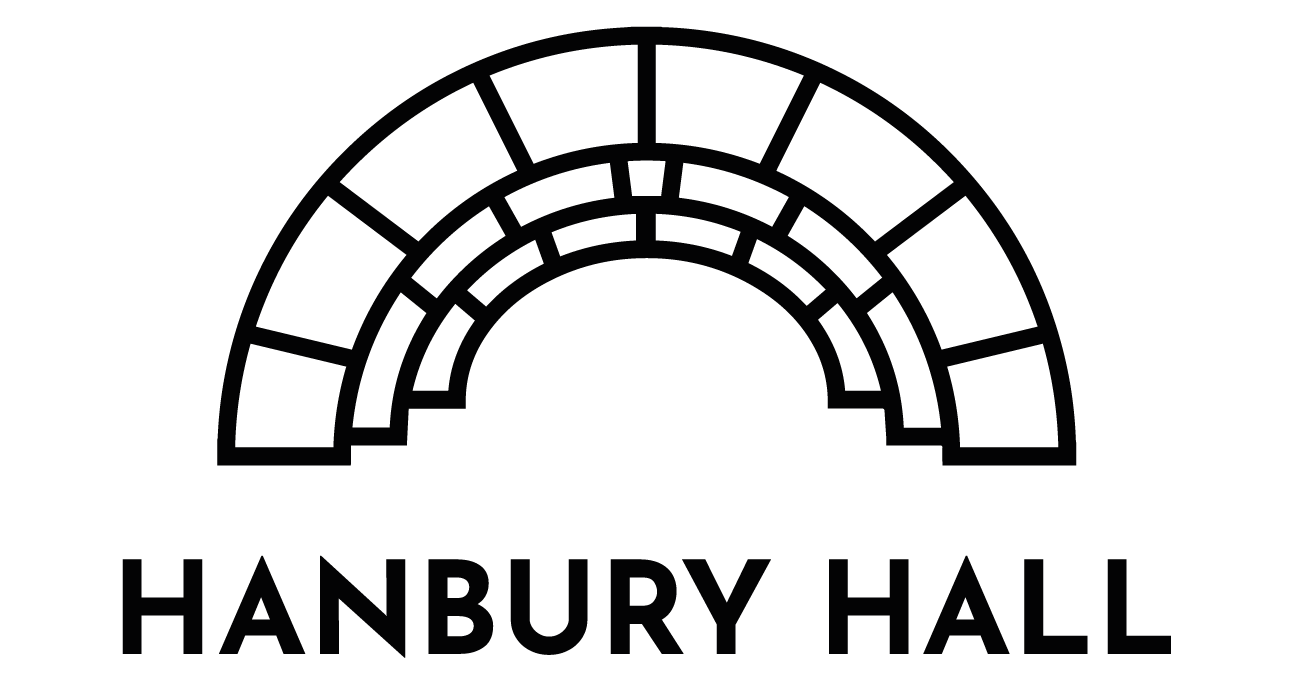Interview: Katie Briefel
Katie Briefel is a freelance brand strategist and events speaker. She helps mission driven brands tell their story, through brand strategy, marketing and storytelling.
We are excited to announce we are partnering with her to deliver an events series at Hanbury Hall: delivering fantastic workshops helping new business owners build their brand from scratch. Tickets available here.
We asked her a few questions to help us get to know her a bit better.
How did you get into the world of brand strategy? What were you doing before?
Previously, I spent nearly a decade working at leading ad agencies in London and New York, running global campaigns for brands like Pepsi, Meta, John Lewis, Samsung, Bulldog, Molson Coors and Aviva. In the pandemic, I found myself getting ill with work-related stress and pivoted to working for myself and taking the learnings from big agencies to smaller, mission driven brands.
Why do you do what you do? What gets you out of bed in the morning?
I’m passionate about people and brands having impact and making change. I love taking my marketing expertise and bringing it to mission-driven founders who are reshaping our world for the better.
What’s the most common mistake people make when building a brand?
Focusing too much on the functional instead of the emotional reason consumers might choose you. Although we may not like to think this, humans aren’t really rational when they make decisions. We choose with our emotions and brands that understand this tend to win. Also, lacking differentiation. It’s so important to have a clear POV and identity as most people won’t remember you otherwise.
It’s easy to blend into the masses as a brand. How do you avoid that?
Spend some time understanding what your brand’s ‘why’ is or your purpose. Then zero in on that and create a brand personality that encapsulates that. Also, borrow inspiration outside of your category to avoid blending in with your competitors.
Isn’t a brand just a logo?
A brand is everything from how you show up visually, your tone of voice, the key messages you communicate and how you make people feel when they interact with you. A brand is also a representation of a way of being or a tribe.
You interview lots of inspirational founders. Who has inspired you recently?
I’m endlessly inspired by Cindy Gallop. She embodies living life on her own terms, is trying to encourage greater investment in founders from underrepresented communities and is trying to break down taboos around sex. She’s a total rockstar who walks the walk and challenges preconceptions of how women in their later life should live.
What does it take to launch and run a successful brand?
Having laser focus on trying to solve a problem, resilience when obstacles inevitably come your way, managing your energy.
What are the hallmarks of resilient businesses / founders?
Being comfortable with pivoting when challenges come up. So many really successful founders have actually improved their business by addressing problems in an innovative way that has led to more growth.
What one piece of feedback have you had that you treasure most? (And why is that important to you).
When I hosted an event for Headspace around mental health, I moderated a panel with some inspiring people and asked the audience to connect with each other by writing messages on note cards. It was a beautiful event that broke down barriers in the audience. My mentee was in attendance and wrote a message saying ‘your ability to connect people is a gift.’ It has really stayed with me and serves as a reminder to keep pursuing work that brings people together to tell their stories.
What does community mean to you? Why do you think it’s important for creatives to get together?
It’s my lifeblood. I’ve forged connections via communities that have saved me during the dark days of running a business on my own, brought me new business and introduced me to inspiring collaborators many of whom have turned into good friends.

